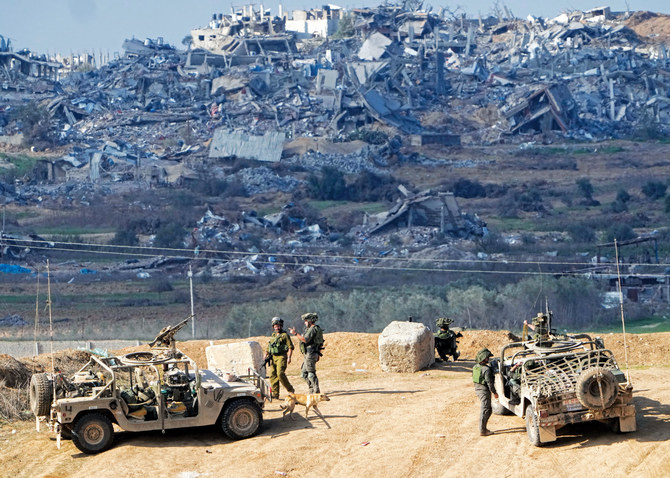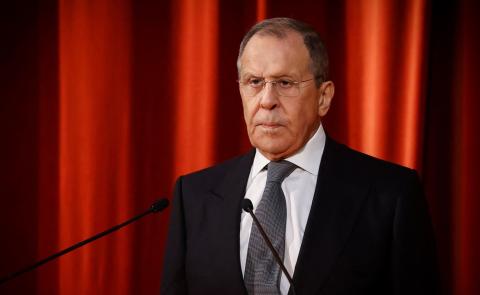
Turkey will officially launch its executive presidential system when Recep Tayyip Erdogan takes his oath on Monday, leading the country into a new era. The same day, Erdogan will also announce the new Cabinet, which will have 16 ministers appointed by him and will accompany him on his first foreign visits as the head of Turkey’s new political system.
Following his inauguration ceremony, to which several foreign leaders have been invited, Erdogan will kick off his first foreign trip. On Tuesday, he will visit the Turkish Republic of Northern Cyprus and Azerbaijan.
The Turkish president visiting these two countries is a long-standing tradition after each election. “After I was elected as the president (for the first time), I made my first foreign visit to Azerbaijan. I hope to make my first foreign visit after the June 24 elections to Azerbaijan as well,” Erdogan said in a statement ahead of the elections, and he is staying true to his word.
The symbolism of these visits is exceptionally significant, illustrating Turkey’s position in the international arena and its foreign policy orientation in the coming period. Needless to say, every country has its own perception about world politics, as their own interests and expectations are diverse. Since every country’s priorities are different, their leaders will carefully choose their first visits abroad in order to illustrate this.
Traditionally, Turkey and Azerbaijan enjoy close relations that are based on history, brotherhood and strategic cooperation. However, this closeness is not only due to their shared cultural and linguistic affinities, but also to the strong political and strategic interests that exist between the two countries. Therefore, Turkey’s relations with Azerbaijan cannot be understood from a bilateral perspective alone; they also have a regional dimension.
Turkey considers Azerbaijan to be a significant partner in its policies not only in the Caucasus and in the general Turkic-speaking region, but also beyond. Thus, Azerbaijan holds a unique place in Turkey’s foreign policy priorities and the visit to this country by Erdogan highlights a message to the entire world regarding Turkey’s policies, which go beyond the Middle East or the Western world. In the new era, it is likely Turkey will further strengthen its relations with the Central Asian countries, and Azerbaijan can play a significant role in this.
Erdogan’s other stop will be in Northern Cyprus, which occupies a critical position in Turkey’s foreign policy and the geopolitics of the Eastern Mediterranean. The island of Cyprus has been divided since 1974 and Turkey is the only country that recognizes Northern Cyprus as a state. Ankara played a major role in the division of the island into the northern Turkish side and the Greek Republic of Cyprus in the south. It has seen an on-off peace process in recent years.
Today, the Turkish Cypriot government and Ankara are disturbed by the Greek Cypriot government’s deals with both international companies and other countries to produce oil and gas, claiming the entire economic zone around the island. This issue has become a serious point of argument for Turkey as it rejects any exploration by the south, which it does not recognize.
Trump’s call to meet with Erdogan also seems to be a positive sign, since the two NATO allies have been at odds over several issues in the past few years.
Sinem Cengiz
Ahead of the elections in Turkey, there were a couple of important developments related to this issue in the Mediterranean, meaning Erdogan’s visit to the island will not only send an important message to Greek Cypriots, but also to Egypt and Israel — two countries that seek cooperation with the Greeks over gas exploration. Here it is right to mention Turkey’s strained relations with Cairo and Tel Aviv, which are related not only to Mediterranean oil and gas exploration, but many other issues too.
Following Northern Cyprus and Azerbaijan, Erdogan will next week head to the NATO summit in Brussels, which will be his first international conference since being re-elected. On the sidelines of the summit, he will meet with a number of leaders, including US President Donald Trump, German Chancellor Angela Merkel and British Prime Minister Theresa May.
It is also being reported that officials in Athens and Ankara are working to facilitate a meeting between Greek Prime Minister Alexis Tsipras and Erdogan. Tsipras was among the first leaders to congratulate Erdogan on his victory following the June 24 presidential and parliamentary elections.
There have been a number of ongoing sources of tension between the NATO allies, but there is an issue of cooperation as well: Refugees. Therefore, a Tsipras-Erdogan meeting would be a good start for the new era in Turkish politics. Trump’s call to meet with Erdogan also seems to be a positive sign, since the two NATO allies have been at odds over several issues in the past few years.
According to Turkish journalist Murat Yetkin, among the discussions expected to take place at the NATO summit are strategic topics involving Turkey, and the new roles Ankara is expected to play in the Western alliance. We should expect Erdogan to make clear Turkey’s foreign policy orientation in the new era, both during his speech and in his meetings with fellow leaders.
• Sinem Cengiz is a Turkish political analyst who specializes in Turkey’s relations with the Middle East.
Twitter: @SinemCngz
Disclaimer: Views expressed by writers in this section are their own and do not necessarily reflect Arab News" point-of-view












